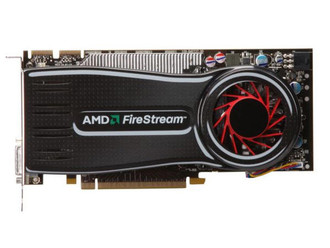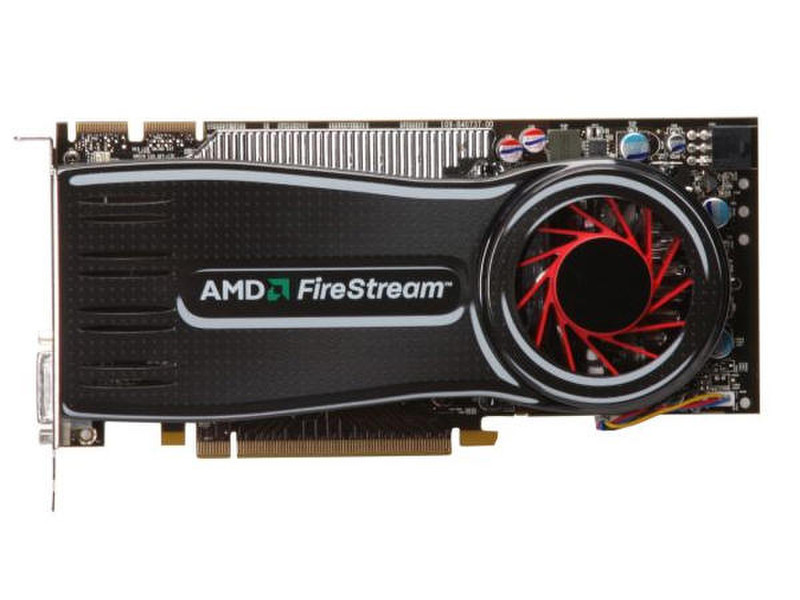Catalog
-
Catalog
- Antiquitäten & Kunst
- Auto & Motorrad: Fahrzeuge
- Baby
- Business & Industry
- Bücher
- Camping & Outdoor
- Feinschmecker
- Garden & patio
- Haustierbedarf
- Heimwerken & Garten
- HiFi & Audio
- Home, Construction, Renovation
- Household appliances
- Kleidung & Accessoires
- Modellbau
- Musik
- PC- & Videospiele
- Photo & camcorders
- Sammeln & Seltenes
- Spielzeug
- TV, Video, DVD
- Telekommunikation
- Uhren & Schmuck
- Wellness & Beauty
- computers & electronics
- entertainment & hobby
- fashion & lifestyle
- food, beverages & tobacco
- health & beauty
- institutional food services equipment
- medical equipment, accessories & supplies
- office
- sports & recreation
- vehicles & accessories
- weapons & ammunition
Filters
Search

AMD 100-505550 2GB GDDR3 graphics card
MPN: 100-505550
🚚 Select the country of delivery:
Delivery from:
Germany
Sale and delivery by:
Where to buy and prices (Advertising *)
On Top
Technical specifications
On Top
Memory
| Graphics adapter memory type | GDDR3 |
|---|---|
| Memory bus | 256 bit |
| Discrete graphics adapter memory | 2 GB |
Performance
| DirectX version | 10 |
|---|---|
| HDCP | Y |
Processor
| Graphics processor family | AMD |
|---|
Ports & interfaces
| Interface type | PCI Express 2.0 |
|---|
Power
| Minimum system power supply | 500 W |
|---|
Other features
| Mac compatibility | N |
|---|
System requirements
| Minimum RAM | 512 MB |
|---|
Design
| Cooling type | Active |
|---|
FireStream 9170, 2GB GDDR3, 256-bit
AMD FireStream stream processors deliver the tremendous parallel processing power of the GPU to compute-intensive applications for scientists, engineers and consumers. Using this leading-edge technology, developers can dramatically increase the performance of their critical algorithms, allowing users to get faster results or work on larger problems.
AMD leverages its expertise in CPUs, GPUs and software to deliver stream processing hardware solutions along with a comprehensive software development stack. Fortune 1000 companies, leading software developers, and academic institutions are demonstrating today that stream computing is the key to tremendous performance in a variety of applications.
The AMD FireStream 9170 provides the industry's first double-precision floating point capability on a GPU. With 2GB GDDR3 memory on board and single-precision performance of up to 500 GFLOPS, it is ideal for the most demanding compute-intensive, data-parallel tasks.
Using ground-breaking 55nm process technology, even this large-memory board consumes less than 150W, making it easy to deploy in a variety of server and workstation packages.
AMD FireStream SDK: Open systems approach drives adoption
The AMD FireStream SDK delivers all the tools developers need to create and optimize applications on stream processors. Developers can begin with Brook+, an AMD-enhanced and supported implementation of Brook, the popular open-source C-level language and compiler.
Math functions can be implemented using a new release of AMD Core Math Library (ACML), which accelerates these functions on the GPU, and tools like ATI Shader Analyzer and AMD CodeAnalyst help identify and correct performance issues.
The Compute Abstraction Layer (CAL) provides low level access to the GPU for development and performance tuning. AMD's open systems approach allows developers access to all key APIs and specifications, enabling performance tuning at the lowest level and development of third party tools.
AMD leverages its expertise in CPUs, GPUs and software to deliver stream processing hardware solutions along with a comprehensive software development stack. Fortune 1000 companies, leading software developers, and academic institutions are demonstrating today that stream computing is the key to tremendous performance in a variety of applications.
The AMD FireStream 9170 provides the industry's first double-precision floating point capability on a GPU. With 2GB GDDR3 memory on board and single-precision performance of up to 500 GFLOPS, it is ideal for the most demanding compute-intensive, data-parallel tasks.
Using ground-breaking 55nm process technology, even this large-memory board consumes less than 150W, making it easy to deploy in a variety of server and workstation packages.
AMD FireStream SDK: Open systems approach drives adoption
The AMD FireStream SDK delivers all the tools developers need to create and optimize applications on stream processors. Developers can begin with Brook+, an AMD-enhanced and supported implementation of Brook, the popular open-source C-level language and compiler.
Math functions can be implemented using a new release of AMD Core Math Library (ACML), which accelerates these functions on the GPU, and tools like ATI Shader Analyzer and AMD CodeAnalyst help identify and correct performance issues.
The Compute Abstraction Layer (CAL) provides low level access to the GPU for development and performance tuning. AMD's open systems approach allows developers access to all key APIs and specifications, enabling performance tuning at the lowest level and development of third party tools.
-
Payment Methods
We accept:










